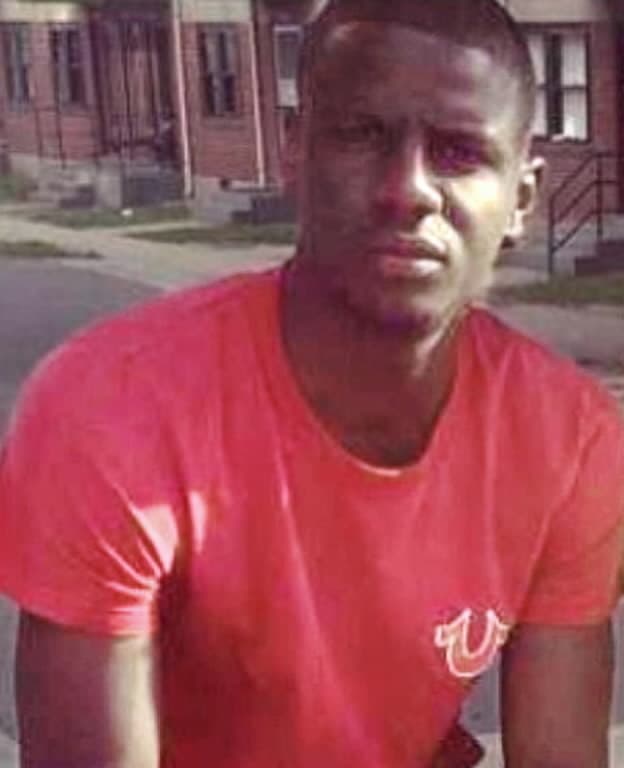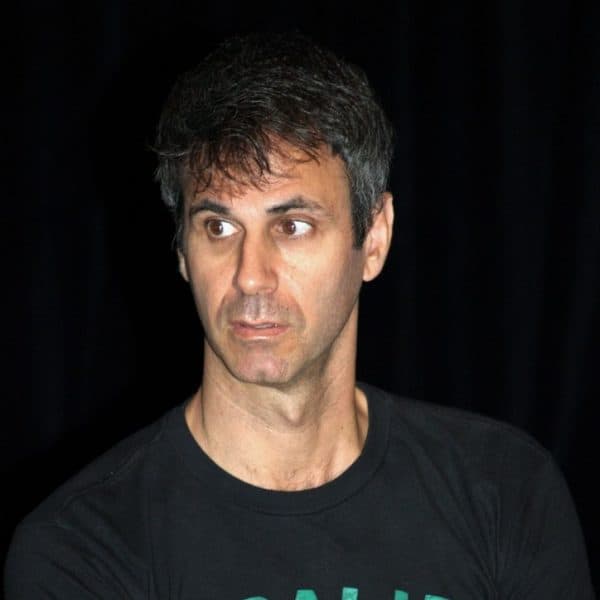Advertisement
The Walls Around Freddie Gray, And Us

The latest news out of Baltimore is that the six police officers responsible for the arrest and transportation of Freddie Gray — the 25-year-old African-American man who died while in their custody — have been charged with crimes that include murder and manslaughter.
It’s unclear when and if these officers will be brought to trial, but you can count on seeing regular updates on your television for as long as the civil unrest sparked by Gray’s death continues.
What you are not as likely to see — at least on most cable channels — is the following clip, in which a young, African-American protester seeks to initiate a dialogue with the Fox News television personality Geraldo Rivera.
Yes, the protester’s style is confrontational. But the essential point this guy is making is unassailably true: the mainstream corporate media hardly ever bother to deploy their cameras and breathless correspondents to the economically deprived precincts of this country — unless there is some profitable chaos and violence to be documented.
There is almost no sustained effort to tell stories about the systemic inequalities in this country, because such stories are complex and nuanced, and thus cost money to produce. If the goal is merely to enthrall viewers (or readers, or clickers) it’s much easier to chase an ambulance than investigate how and why the patient is in critical condition.
And thus, for the past two years in particular, we have seen the same familiar and depressing and ultimately disingenuous cycle of white-on-black police brutality cases, followed by unrest.
If the goal is merely to enthrall viewers (or readers, or clickers) it’s much easier to chase an ambulance than investigate how and why the patient is in critical condition.
If President Obama wanted to set an ambitious agenda for his final year and a half in office, he would do well to take a page from Lyndon B. Johnson, who launched the ambitious program known as the War on Poverty.
At the very least, Obama could connect some of the dots for your average American. The steady upward suck of wealth into the coffers of our richest citizens, after all, has everything to do with the stagnation of wages, the dearth of jobs and the astronomical foreclosure rates in our poorest neighborhoods.
Capitalism is, and always has been, a zero-sum game. For every big winner in America — every giant estate, every private jet, every gilded master bedroom — there are hundreds of losers we never see.
In Sandtown-Winchester, the neighborhood where Freddie Gray lived, the unemployment rate is 52 percent. A third of the homes are vacant, and nearly a third of the families live in poverty.
That’s not class warfare. It’s economic data.

Nor is this a race issue. It’s a crisis of economic opportunity and human dignity. The same grim data might be cited for towns like Beattyville, Kentucky, or Jamestown, Tennessee, or Cullen, Louisiana, where vast numbers of whites are living in poverty. Or in Muniz, Texas, where the same is true of Latinos.
I have yet to hear any of the presidential candidates — aside from Bernie Sanders, who has proposed raising the minimum wage and launching a massive infrastructure jobs program — speak about specific measures intended to address the inequality of income and opportunity in America.
It’s just the same old bumper sticker populism, or, worse, the same blind faith in the virtues of the free market (as manipulated by a familiar cast of special interests).
The pastor who eulogized Freddie Gray, Reverend Jamal Bryant, spoke of the desperation felt by poor, young black men who live “confined to a box” made up of poor education, lack of job opportunities and racial stereotypes. Speaking of Gray, Bryant said, “He had to have been asking himself: ‘What am I going to do with my life?’ He had to feel at age 25 like the walls were closing in on him.”
Those walls — which we erected as a society and continue to tolerate — are the root cause of what’s happening in Baltimore. The rest is just TV people making themselves some money.

